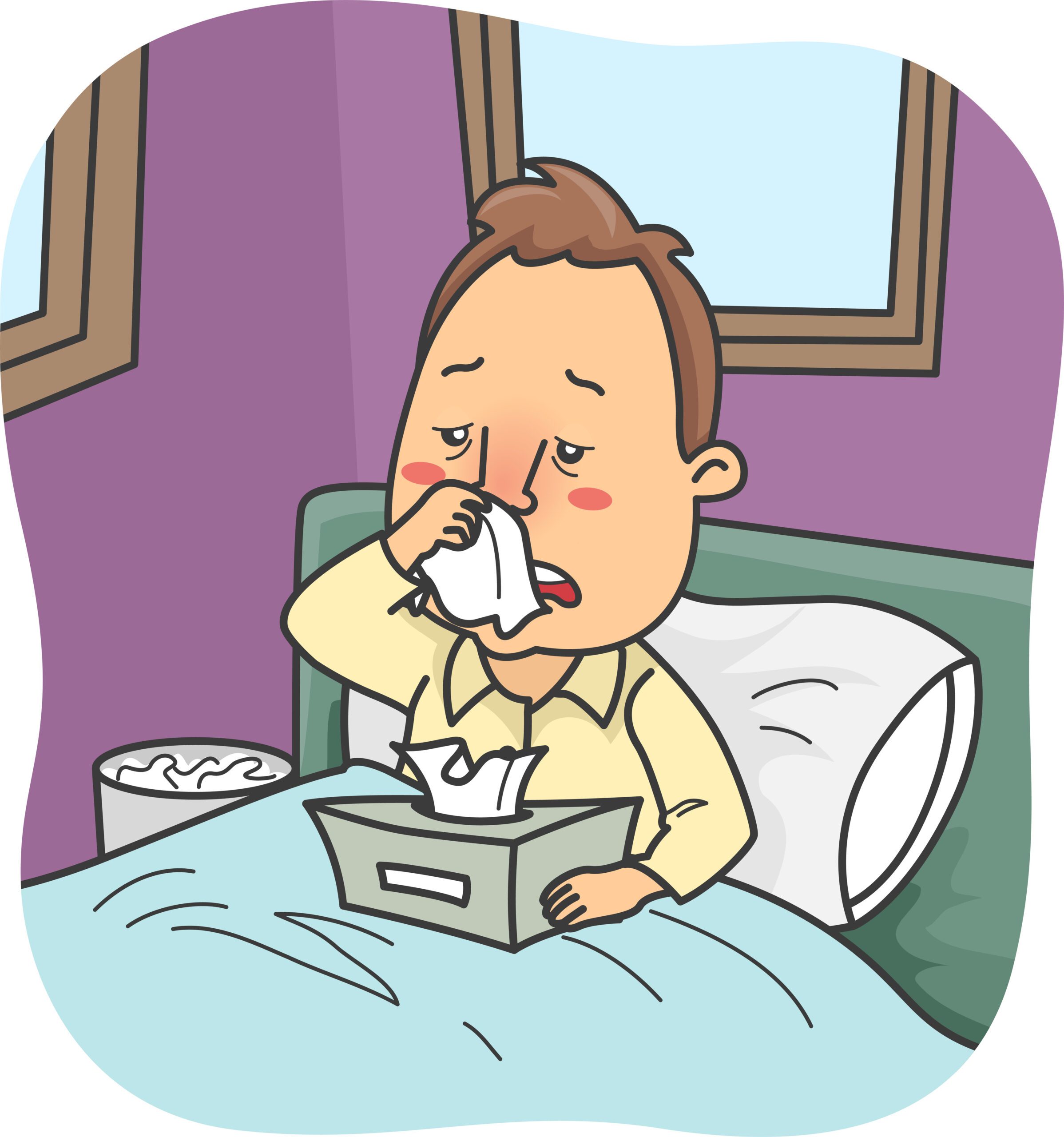
Are you plagued by sneezing, a runny nose, watery eyes, and wheezing? You could be suffering from hay fever. Also known as allergic rhinitis, hay fever is an allergic condition triggered by airborne pollen. Dust and chemical particles that are also floating around in the air can exacerbate the condition and make symptoms worse. In severe hay fever cases, itchy, unsightly rashes and hives are known to occur.
In the United States, hay fever season generally runs from the middle of spring to early summer (peaking in mid-to-late June), but hay fever can happen at any time of the year. Pollen counts are generally higher in warm, dry conditions, as opposed to cooler, humid weather. Seventy-five percent of all hay fever sufferers are allergic to grass pollen, but trees (birch, poplar) and weeds (ragweed, nettle) also release pollen that triggers symptoms.
How can you prepare to lessen your hay fever symptoms? Follow this advice:
Get tested. You may think you have hay fever, but do you know for sure exactly what kind of pollen you’re allergic to? If not, get yourself to a doctor or nurse who can administer allergy skin tests. In these tests, you will be purposely exposed to different allergens and monitored for a reaction to pinpoint the exact causes of your symptoms. If you are not a candidate for skin testing, you may receive a test known as the RAST blood test instead.
Check for cross sensitivity. If you’re allergic to the pollen from a particular tree, you may also be allergic to the fruits and nuts that come from that tree or plants and produce that contain similar proteins and compounds. Watch for signs after eating food, such as an itchy throat, and alert your doctor if this occurs.
Stay indoors. If your symptoms are severe during peak pollen times, limit your outdoor activity to before 10 a.m. and after 4 p.m. Don’t forget to close your windows and turn on the air conditioner if necessary to stay cool. When you come in from outside, remove your shoes at the door and change your clothes to avoid spreading pollen throughout your house.
Invest in an air purifier. These portable units filter and trap pollen, dust and other allergens.
Wash frequently. Taking a shower and washing your hair after time spent outdoors will remove pollen that has settled on your body.
Stock up on antihistamines. These anti-allergy drugs will help you control your symptoms. A variety of options are available at your local drugstore.
Take a natural approach. Symptoms can also be alleviated with natural remedies. Try homeopathic nasal mists made with saline to clear out your sinuses. Quercetin, an herbal supplement, can relieve congestion and sinus pain. Grape seed extract is a preventative option that can help build up your immune system and lessen the severity of overall symptoms.

A new study suggests that a widely used sugar substitute found in diet sodas, chewing gum, and low-sugar yogurt may elevate insulin levels. This could increase the long-term risk of heart disease. “Artificial sweeteners have infiltrated nearly all types of food, making it crucial to understand their long-term health effects,” said Yihai Cao, senior author […]

Diet Coke has long been a fan-favorite among soda lovers who want a fizzy, guilt-free alternative to traditional soft drinks. While its zero-calorie, zero-sugar label makes it seem like a healthier option, the reality is far more concerning. Despite its undeniable popularity, Diet Coke’s nutritional profile has raised red flags among health experts for years. […]

New study shows that embracing an anti-inflammatory, plant-forward diet can support cognitive function and help reduce the risk of dementia. What You Eat Shapes Your Brain The food you eat doesn’t just impact your body—it also affects your brain. Research suggests that eating an anti-inflammatory, plant-based diet can help improve memory, focus, and overall brain […]